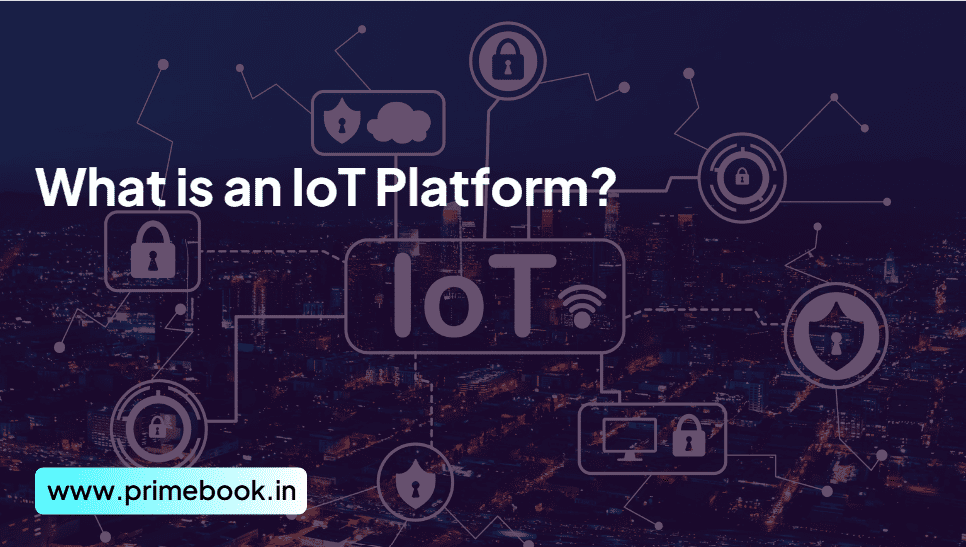Blogs / Trendy Tech Talks / Future of Cybersecurity in 2024 | An Expert Opinion On Cybersecurity
Blogs / Trendy Tech Talks / Future of Cybersecurity in 2024 | An Expert Opinion On Cybersecurity

Ananya Dasgupta
31 Jan 2024

Future of Cybersecurity in 2024 | An Expert Opinion On Cybersecurity
Table of Contents
We have stepped into 2024 with a booming digital landscape. Undeniably, throughout 2023, we have been able to explore, unleash, and utilize the power of smart technologies, be it conversational AI chatbots or powerful VPN software. The rapidly increasing cyber scams have led to the development of several cybersecurity infrastructures and measures. But what’s the future of cybersecurity in the upcoming months – you must be wondering. This blog shall walk you through the future as per the experts’ verdicts! So, stay tuned!
1. The Two Contradictory Sides of Generative AI
While next-level generative artificial intelligence (AI) is all set to take the stage with more sophistication, experts also predict the rise of more sophisticated AI-powered attacks soon. On the one hand, you can leverage the power of generative AI to make a video out of texts or combine multiple inputs like voices or visual cues to make musical symphonies. On the contrary, scammers can make precise deepfake content and mimic human voices with generative AI tools. Furthermore, they can use such social engineering methods for digital blackmailing and phishing strategies.
Besides, many security providers aim to harness the power of AI to enhance data security and eliminate breaches and malware. For instance, the Sonar team has brought an AI-featured tool to combat the dramatic rise of phishing attacks. But at the same time, the new buzz of bringing personal AI tools to the office tends to increase the risk of data breaches. Several popular and generic AI tools have turned into hotspots for hacking. It means AI will likely play a role on both sides of the cybersecurity battle!
2. The Exposure to Cyber Warfare
The flood of AI-based scams all around the web, especially in social media platforms and emails, is paving the way for critical cyber warfare and weaponry in the future. No doubt, the Russia-Ukraine War has exposed the vehement rise of state-sponsored cyber attacks. It’s evident how the various state leaderships are all willing to employ cyber attacks to fight against robust civilian or military infrastructures. Herein, phishing attempts stand to be the most common strategy. While war is a fundamental experience for humankind, experts predict the potential usage of cyberspace for advanced and prolonged attacks like website defacement.
Cybersecurity experts note that cyberspace acts as a safe bait for militarization and a significant field for spy and intelligence agencies across the globe. The state can use cyberspace not just to spread misinformation but also to dismantle public utilities and communication and crack through the security infrastructures of the rival states. Besides, the world is also about to witness the disruption of democratic processes in the future, like elections, especially in countries like the UK, USA, or India, through cyber attacks. That’s alarming, indeed!
3. Advent of New Cybersecurity Regulations
Of course, such a challenging future landscape of cybersecurity ought to come up with some effective solutions! Cobalt’s Chief Strategy Officer, Caroline Wong, talks about the new and upcoming SEC (Securities and Exchange Commission) rules that aim to enhance the significance of cybersecurity programs in 2024, specifically for the highest management level in public-listed companies. SEC acknowledges the need for improved cybersecurity in the investment domain.
Hence, they propose a ‘disclosure requirement’ on how a registrant identifies, assesses, and manages material risks to cybersecurity. As a result, the investors and stakeholders can have a transparent account of the process before investing and after that!
Many experts state that this comprehensive insight into the cybersecurity approach can help foster accountability in cybersecurity practices and display a company’s commitment to protecting sensitive customer data. It’s also how the company can ensure the trust of the investors alongside that of the customers. Moreover, countries like the UK are about to deploy their Product Security and Telecommunication Act in 2024 to establish cybersecurity compliance among networked product businesses.
4. Cyber Resilience Gaining More Significance
Andrew Obadiaru, the CISO of Cobalt, mentions the growing importance of cyber resilience even more than cybersecurity. Although you may come across the two terms in interchangeable scenarios, they are not the same, and their difference stands to gain more ground in 2024. While cybersecurity focuses on curbing cyber threats, cyber resilience is more about recognizing the bitter truth that even the top-notch security infrastructure cannot assure cent percent protection and data privacy. So, in the future, businesses can continue their operations in the wake of data thefts and quickly respond and recover from the attacks.
Experts say many business organizations, particularly giant enterprises, are shifting to cyber resilience. It is to strategically develop an agile capability of minimizing data loss and/or downtime instead of getting suddenly bombarded by cyber-attacks and then waiting for a perfect solution to combat them. The world is also likely to see AI-powered real-time authentication systems and activity surveillance in the future for holistic and more adaptive cyber resilience.
In a nutshell, the future of cybersecurity in 2024 is in a volatile state, where both risks and benefits stand highlighted by cybersecurity experts. The security software industry is persistently trying to alter the risks with positive results, and international and national authorities are similarly making new laws and regulations for the same! However, none knows where, when, and how this mutually inclusive struggle of the cyber world shall end.


 Related Blog
Related Blog









